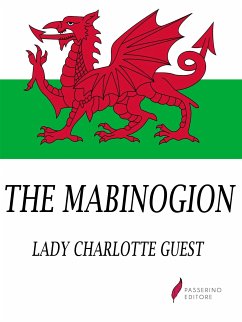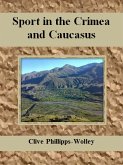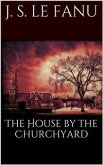The Mabinogion are the earliest prose stories of the literature of Britain. The stories were compiled in Middle Welsh in the 12th–13th centuries from earlier oral traditions. There are two main source manuscripts, created c. 1350–1410, as well as a few earlier fragments. The title covers a collection of eleven prose stories of widely different types, offering drama, philosophy, romance, tragedy, fantasy and humour, and created by various narrators over time. There is a classic hero quest, "Culhwch and Olwen"; a historic legend in "Lludd and Llefelys," complete with glimpses of a far off age; and other tales portray a very different King Arthur from the later popular versions. The highly sophisticated complexity of the Four Branches of the Mabinogi defies categorisation. The stories are so diverse that it has been argued that they are not even a true collection.
Lady Charlotte Elizabeth Guest (née Bertie; 19 May 1812 – 15 January 1895), later Lady Charlotte Schreiber, was an English aristocrat who is best known as the first publisher in modern print format of The Mabinogion which is the earliest prose literature of Britain. Guest established The Mabinogion as a source literature of Europe, claiming this recognition among literati in the context of contemporary passions for the Chivalric romance of King Arthur and the Gothic movement. The title Guest used derived from a mediaeval copyist error already established in the 18th century by William Owen Pughe and the London Welsh societies.
Lady Charlotte Elizabeth Guest (née Bertie; 19 May 1812 – 15 January 1895), later Lady Charlotte Schreiber, was an English aristocrat who is best known as the first publisher in modern print format of The Mabinogion which is the earliest prose literature of Britain. Guest established The Mabinogion as a source literature of Europe, claiming this recognition among literati in the context of contemporary passions for the Chivalric romance of King Arthur and the Gothic movement. The title Guest used derived from a mediaeval copyist error already established in the 18th century by William Owen Pughe and the London Welsh societies.









